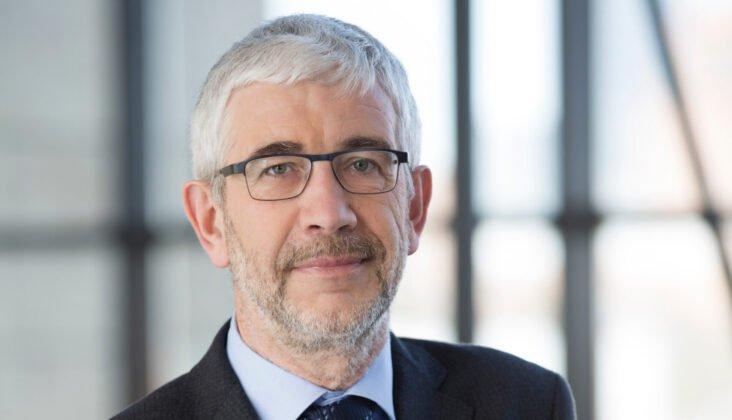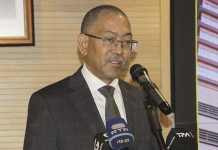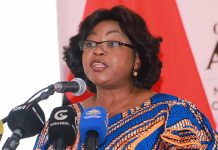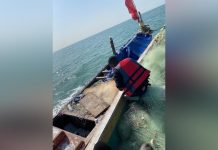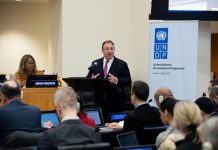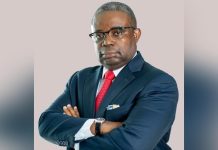Africa-Press – Angola. The Dutch development bank FMO plans to extend the scope of its Nasira loan-guarantee programme to increase financial inclusion in fragile African states.
Nasira was first set up by the European Commission in 2018 as a loss-sharing scheme between FMO and financial institutions on risky loan portfolios. It aims to extend the range of loans in developing countries that are viable for banks and microfinance lenders.
The programme has been used so far in partnership with lenders including Equity Bank and Sidian Bank in Kenya, and Sasfin in South Africa. The FMO wants to deploy it in fragile African states, with the Sahel countries, the Democratic Republic of Congo (DRC) and Mozambique among candidates that could be considered, FMO director Huub Cornelissen tells The Africa Report. The programme is currently worth $190m, and the aim is to increase this to $500m in 2024.
Financial institutions are needed to reach the “bottom of the pyramid” including through microfinance, Cornelissen says. “An economy cannot develop without financial institutions. Access to financial services in Africa is far from what it should be.”
Effective government is needed to provide an enabling environment if the programme is to work, Cornelissen says. Countries in Asia and Latin America currently tend to have better-enabling environments than some places in Africa, meaning that Nasira deployment in Africa’s fragile states is a long-term goal, he adds.
The FMO currently invests an average of about €2bn ($2.1bn) a year across all its markets. About a third of that goes to Africa, making the FMO one of the largest Dutch investors on the continent. That proportion is likely to increase slightly in coming years, Cornelissen says.
The bank estimates that its funding also mobilises a further €1.5bn in private-sector investment across all markets that would not otherwise happen. The aim, says Cornelissen, is to increase that amount to above the level of funding that the FMO provides itself.
Rianne Heijboer, FMO’s regional head of Southern Africa, points to recent investments, including Egyptian renewable energy producer Scatec and Babban Gona, an agricultural services company that works with maize smallholder farmers in northern Nigeria.
The aim is to use the FMO’s “stamp of approval” to mobilise private capital, she says.
FMO’s ventures fund currently has accelerator programmes for start-ups in countries including Nigeria, Ghana, Morocco and Tanzania. It wants to extend the use of accelerators to more countries, Heijboer adds.
Bankable Projects
The FMO, which has a triple-A rating from Fitch and Standard & Poor’s, focuses on three sectors where it believes it can have the biggest impact: financial institutions, energy and agribusiness, and food and water. The bank says it only invests when the private sector would not otherwise do so.
The bank has investments in about 85 countries globally. The Dutch government has a controlling stake of 51%. Dutch banks Rabobank, ING and ABN Amro hold 42%, with the rest held by employers’ associations, trade unions and individual investors (7%). The FMO, led by CEO Michael Jongeneel who took over in September, is now working on a new strategic plan for 2030 which will be ready by the end of 2022.
The bank sees impact and profitability as complementary, rather than conflicting aims, and has not received funding from its shareholders for about 20 years. “We have grown because we made a profit,” Heijboer says.
Project investments typically range from €2m to €150m, or more.
Finding entrepreneurs with bankable projects, rather than finance, is the constraint on widening FMO’s impact. “There’s a lot of money for investment in Africa, but insufficient bankable projects,” Cornelissen says. The FMO is looking for more partners to develop those projects, he adds.
The bottom line
The FMO believes it can help crowd in private-sector investment in fragile African states – provided there is a functioning and effective government.
For More News And Analysis About Angola Follow Africa-Press

